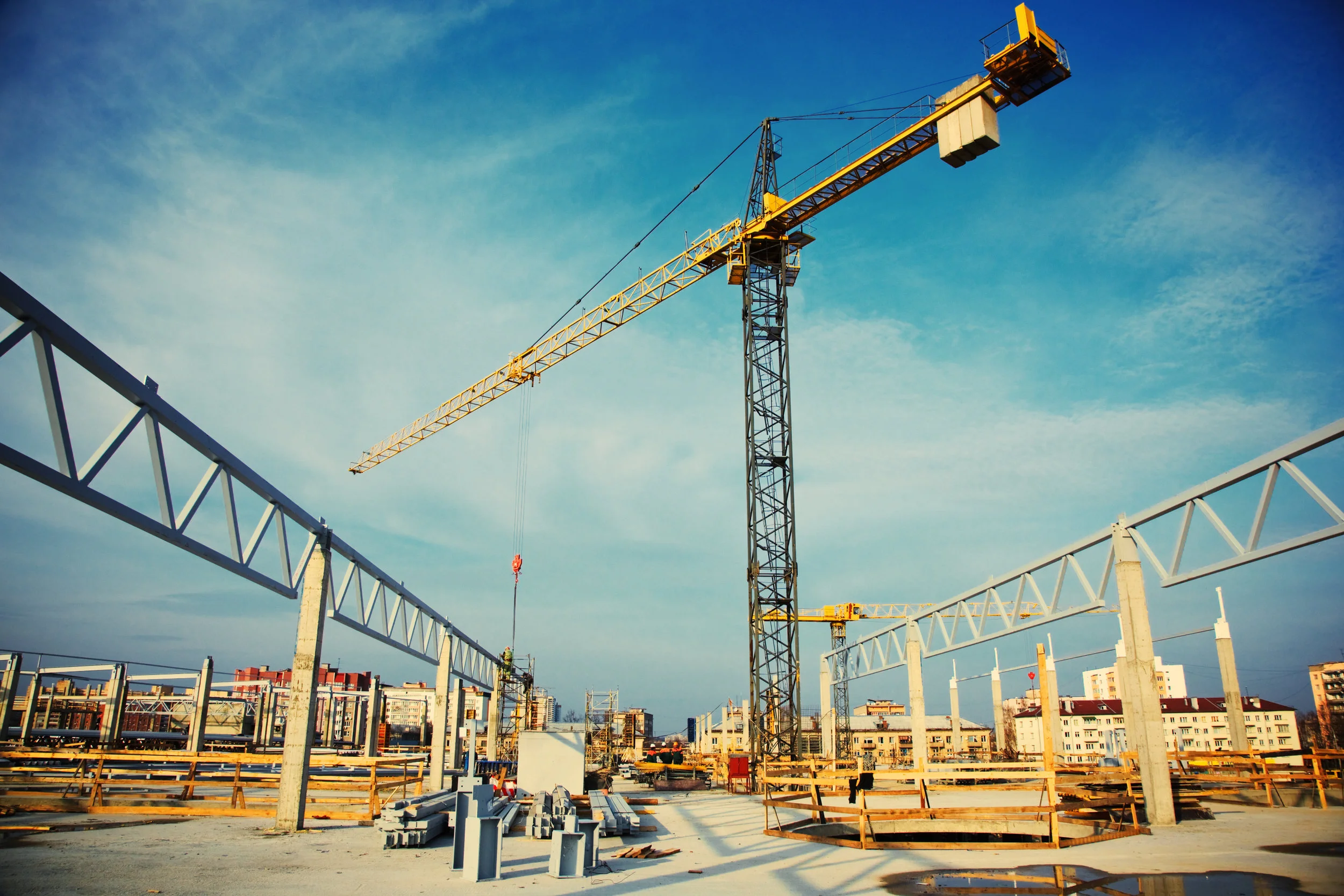BJ4C Policy Successes:
- 2009, Denver Prevailing Wage Ordinance Change allowing partial payments to speed up payment process.
- 2010, SB10-116 Change Orders requiring public entities to reimburse contractors for their actual costs for all additional directed work performed until a final change order is negotiated and signed.
- 2011, HB11-1115 Retainage changing previous law allowing public entities to withhold 10% retainage until 50% project completion to 5% retainage withholding over the entire project and required public entities to release retainage within 60 days of final completion.
- 2012, Successful Defeat of Legislation that would have had a negative impact on the construction industry.
- 2012, Provided collaborative process for involvement on Denver pre-qualification certification process and DIA administrative review process.
- 2017, HB17-1279 Construction Defect Notice Vote Approval – BJ4C in collaboration with the Homeownership Opportunity Alliance passed legislation.
Construction in Colorado:
Construction is a significant contributor to Colorado’s economy. This industry plays a critical role in Colorado employment, wages and contribution to Gross Domestic Product by state. As a subsector of the construction industry, the mechanical, electrical and plumbing trades contribute substantially to the overall impacts of the construction industry. The purpose of this report is to bring together measures of the construction industry’s economic impact on the State of Colorado, as well as the importance of the mechanical, electrical and plumbing sector. The results support the conclusion that construction is one of the more important industries in Colorado:
- Construction contributed $11.820 billion (or 4.01%) to Colorado’s GDP by state in 2013 (page 42 and Appendix G), a 2.7% decrease since 2004.
- Total retail sales for construction and related industries in Colorado totaled $11.7 billion in 2013, 6.8% of the state’s total retail sales (page 49).
- Every $1 million invested in construction in Colorado increases the state’s total industry output by $2.27 million and increases Colorado household earnings by $0.78 million while creating 18 new jobs in Colorado (page 48).
- Colorado was home to more than 16,669 construction establishments in 2013. Of these establishments, 67% were specialty trade companies (subcontractors) and over 25% were MEP contractors (page 10).
- Almost 93% of Colorado’s construction industry is comprised of small companies that have fewer than 20 employees.
- Over 91% of MEP1 establishments have fewer than 20 employees (page 11).
- The construction industry employs 6.5% of the total private workforce in Colorado, accounting for $6.514 billion of the state’s total payroll (pages 14 and 26).
- Over 28% of total construction employment in Colorado is in the MEP industries, significantly more than in any other construction subsector. MEP employment accounts for 1.9% of total private employment in Colorado (page 15).
- Payroll for mechanical, electrical, and plumbing contractors was $1.89 billion in 2013, representing almost 30% of total construction payroll and 1.9% of total payroll for the state (page 28).
- The national average annual wage for mechanical, electrical, and plumbing contractors was $54,414, 51% percent higher than the average for those with an associate’s degree and 67% higher than the average wage for high school graduates in 2012 (page 20).
- By 2023, construction employment in Colorado is expected to grow by almost 47%, adding nearly 60,000 jobs in the state. Approximately 40,000 of these positions are projected to be in the specialty trades (page 37).
- The percentage of construction workers age 55 and older increased by 6% between 2004 and 2013, while the percentage of workers age 34 and younger decreased by 5%. During the same time period, mechanical, electrical and plumbing workers that were 55 year of age and older increased by 6%, while the percentage under 35 decreased by 6% (pages 36 and 37).
- In 2013, 9.2% of Colorado workers were represented by unions, while nationally 14.9% of all construction workers were represented by unions (page 34). In summary, the study below shows there will be an increasing opportunity for good paying jobs in the construction industry in Colorado. The challenge will be to fund programs that prepare Colorado citizens for these jobs.
Download the Economic Impacts of the Construction Industry On The State of Colorado [PDF]


